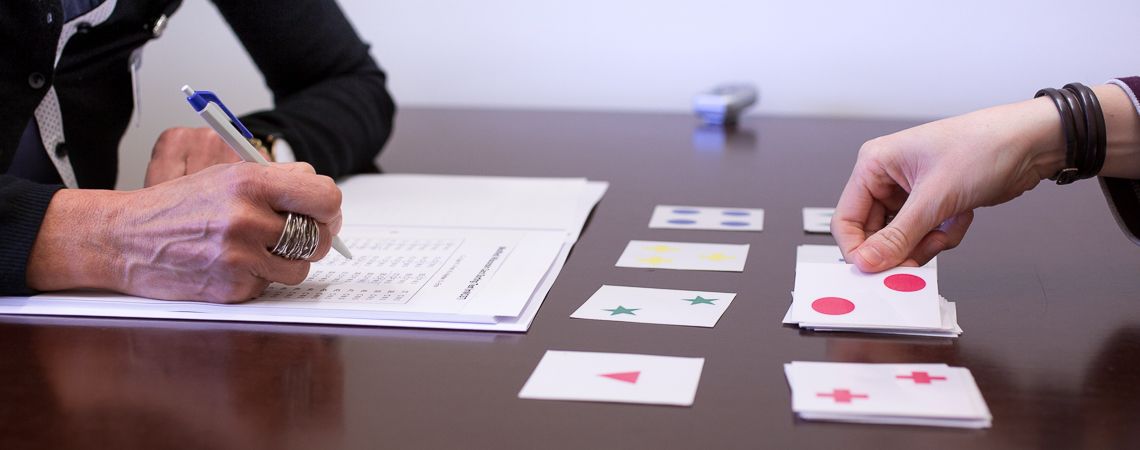Neuropsychology
Neuropsychology is concerned with the connection between brain, experience, thought and behaviour.
The scope of clinical neuropsychology covers the diagnostics and treatment of neuropsychological functions (e.g. attention, perception, memory, language, cognition, processing emotions) as well as counselling for those affected and their families. In the light of current brain research, we implement scientifically established psychological and neuropsychological methods.
Neuropsychologists examine and treat people with brain damage, whether from birth or due to illness or accident:
Diagnostics
Components of a neuropsychological examination:
- Detailed case history, from the point of view of the patient and of other people
- Observation and evaluation of cognitive functions using psychometry
- Observation and evaluation of emotions and personality
- Observation and evaluation of the mental effects on, and consequences for, everyday ability to function
Questions:
- Type and severity of the neuropsychological disorder
- Evaluation and activation of resources and resilience factors
- Therapeutic measures (treatment programme)
- Questions about appropriate care, both in clinic and after discharge
- Occupational measures and ability to work
- Fitness to drive
- Ability to make decisions / legal guardianship measures
Treatment/counselling
- We develop the programme for neuropsychological therapy based on the neuropsychological diagnosis
- This comprises functional training, teaching compensation strategies and some psychological education, and provides support in handling the illness
- Neuropsychological therapy groups for patients (attention span, memory, neglect and visual perception)
- Counselling for relatives and families
- Team coaching in the clinic for dealing with patients with behavioural disorders
